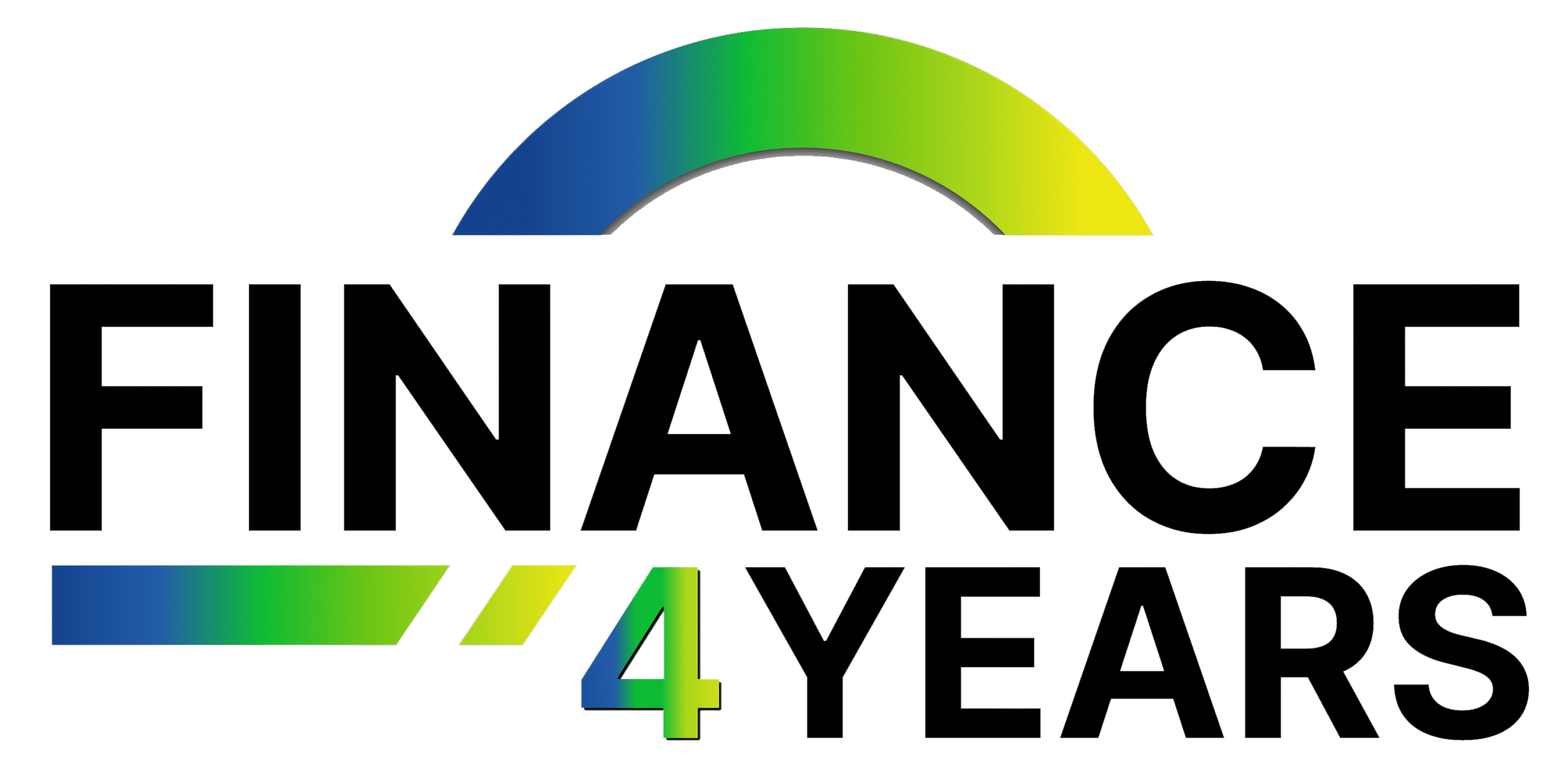Student Finance:
Your Guide to Financial Independence
From Piggy Bank to Portfolio: Your Financial Journey Starts Now
Developing strong financial habits early can set the stage for a lifetime of financial security. Learning the basics of budgeting, saving, and avoiding unnecessary debt—such as credit card misuse or excessive student loans—helps build discipline and independence. Opening a savings account, tracking expenses, and setting small financial goals (like saving for a laptop or a trip) can instill responsibility. Additionally, understanding the power of compound interest and starting to invest early, even in small amounts, can lead to significant long-term growth. By mastering these fundamentals, students can avoid common financial pitfalls, reduce future stress, and lay the groundwork for future success, whether they enter the workforce, pursue higher education, or start a business. Financial literacy is not just about money—it’s about making empowered choices for a stable and prosperous future.
Master Money, Reduce Stress, Live Free
Here are some key financial topics that students should try to master for a healthy financial future
Budgeting
A simple well-planned budget track income (such as allowances, part-time jobs, or scholarships) and expenses (like rent, groceries, and study materials), ensuring money is spent wisely rather than impulsively.
Students can create a simple excel sheet to track the income and expenses.
Setting financial goals
Create a short-term (3-6 month) financial goal such as saving for a laptop or a trip—and long-term goals (1-5 years) —like paying off student loans early. Break the goal into smaller but achievable number such as paying $35 every month extra towards student loan or saving $20 per paycheck for the thanksgiving trip. This will build the savings habit early and also help manage debt early on, which will eventually help grow wealth.
Needs vs. Wants
What Are Needs?
Needs are the essentials—housing, food, healthcare, transportation, and utilities. These are the expenses you can’t live without.
What Are Wants?
Wants are the extras—dining out, streaming subscriptions, designer clothes, or the latest tech gadgets. They’re nice to have, but not necessary for your daily life.
Learning to control living expenses by distinguishing between needs and wants, using student discounts, and cooking at home can free up funds for savings or emergencies. By developing these habits early, students can reduce financial stress, avoid debt traps, and build a strong foundation for future financial success.
Rule of 72
The Rule of 72 is a simple formula to estimate how long it will take for your money to double at a given interest rate. Just divide 72 by the annual rate of return, and the result is the approximate number of years needed for your investment to grow twofold.
- Example 1: If you invest at a 6% return, your money will double in 72 ÷ 6 = 12 years.
- Example 2: At 12% returns, doubling happens in just 72 ÷ 12 = 6 years.
This rule highlights the power of higher returns and longer time horizons in wealth-building. It also works in reverse—to find the required return needed to double your money in a set period (e.g., 72 ÷ 8 years = 9% needed). While not exact, the Rule of 72 is a handy mental shortcut for investors to gauge compounding effects without complex math. The sooner you start, the faster compounding works in your favor!
Wealth
Building wealth requires discipline, smart investing, and patience, as compounding grows small, consistent efforts into significant assets over time. However, real prosperity also includes intangible riches: good health, strong relationships, and personal fulfillment. While money is a tool that can reduce stress and create opportunities, the wisest wealth-builders understand that balance matters most. Financial abundance, when managed wisely, doesn’t just buy things—it buys choices, time, and peace of mind.
Key Resources Free budgeting tools
Managing money doesn’t have to be complicated—thanks to free budgeting tools that help track spending, save smarter, and avoid debt. Here are some of the best options:
- Mint (by Intuit) – Automatically categorizes expenses, sets budgets, and tracks bills in one place. Great for beginners.
- YNAB (You Need A Budget) (Free Trial + Student Discount) – Focuses on giving “every dollar a job” to prevent overspending.
- PocketGuard – Simplifies budgeting by showing how much you can spend after bills and savings.
- Google Sheets/Excel Templates – Fully customizable for those who prefer manual tracking.
- Wallet by BudgetBakers – Syncs with bank accounts and offers spending insights.
- Goodbudget (Envelope System) – Digital version of cash-based budgeting for disciplined savers.
- Personal Capital (Empower) – Best for tracking investments alongside budgeting.
Quality Over Quantity
Free Credit Monitoring
Under U.S. federal law, you’re entitled to one free credit report every 12 months from each of the three major credit bureaus (Equifax, Experian, and TransUnion) via AnnualCreditReport.com. Here are the best ways to monitor your credit for free:





